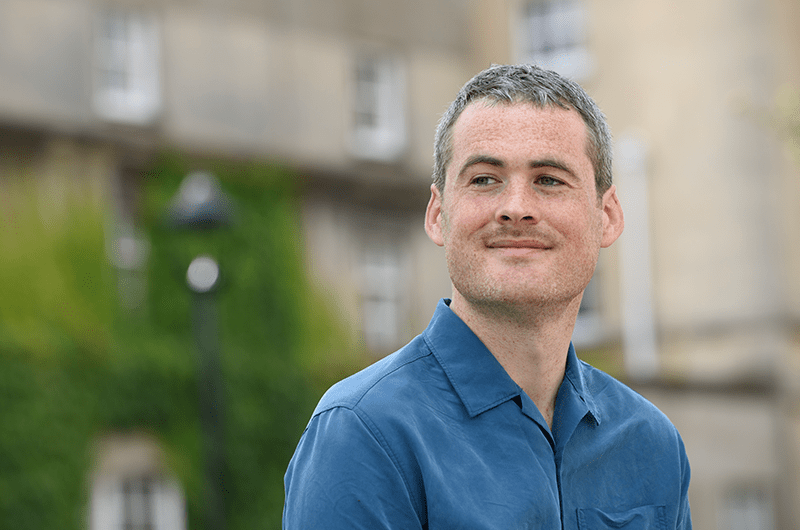Robert Chapman, Vice-Chancellor’s Fellow, explains how this fellowship is advancing important research.
The first year of my fellowship researching Health and Wellbeing for a Neurodiverse Age has been amazing. My PhD explored the philosophy and ethics of autism, challenging the notion that living with autism is inherently at odds with living a good human life. With the fellowship, I’ve been expanding on my previous work to explore neurodiversity more broadly, using my background in Philosophy and Disability Studies to explore the models we’ve developed to understand whether or not someone is psychologically healthy or unhealthy and how they might be ‘disordered’.
In psychiatry, the terms ‘functional’ or ‘dysfunctional’ are often used to compare people, which leads to a concept rooted in evolutionary biology of biological advantage or disadvantage; we compare one another in relation to a species ‘norm’. My research proposes a new model of understanding difference that develops the neurodiversity perspective to challenge this normative conception of difference. In this more ecological perspective, neurodiversity is analogous to biodiversity, where various components of an ecosystem are required to flourish. Here, we see how systems work collectively to form a complex network where different people have different roles to play. In this model, human mental function is something that arises from the interactions between different minds and where everyone has something to contribute.
This fellowship is the first time in my life I have been able to solely focus on my research.
The neurodiversity movement, a grassroots social justice movement, challenges the idea of dysfunctional disorder but it does not deny that people are disabled. Rather, it embraces the concept of neurological diversity and encourages disability pride. To develop this model so it is helpful for research, I drew on how ecologists have modelled the functions of units of biodiversity and have applied this to human mental functions, allowing us to move away from viewing human mental functioning as individual and towards a complex systems perspective.
The Vice-Chancellor’s Fellowship means everything to me. I am a disabled person from a working- class background without any financial support. Even though I had a scholarship for my PhD it wasn’t enough to live on and I had to work long teaching hours to support myself. This fellowship is the first time in my life I have been able to solely focus on my research. There aren’t many funding opportunities for interdisciplinary research so this opportunity has given me real academic freedom in my approach.
A paper based on my first year of fellowship work will publish in leading psychology journal Perspectives on Psychological Science later this year, and I’ve also just published two book chapters in the edited collection Neurodiversity Studies: A new Critical Paradigm. For my second year I’m hoping to write a book that brings my research together and shows how the concept of neurodiversity allows us to bring about a paradigm shift in how we conceptualise psychological disability. Having the time and space to publish has been incredible and it’s a necessary condition for getting a job in academia, especially now that the pandemic has made the job market even more fragile. This opportunity has put me in a much better place career-wise and has allowed me to integrate all the things I have been thinking about and working on over the years. It has been a genuinely life-changing experience for me.
Bristol’s Vice-Chancellor’s Fellowships scheme offers an opportunity for exceptional early-career researchers to advance their research careers.

